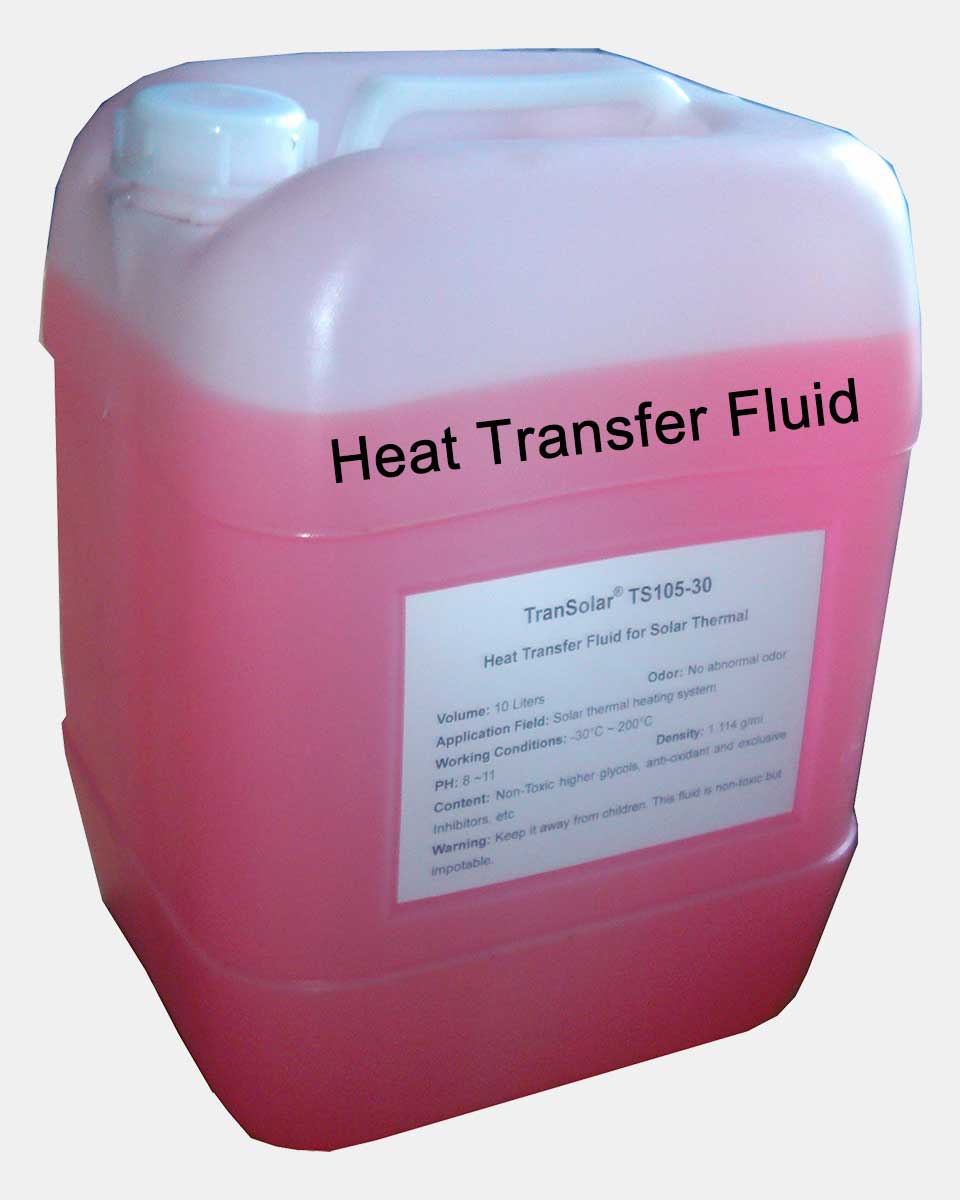Key Advantages of Using a High-Performance Heat Transfer Fluid
Key Advantages of Using a High-Performance Heat Transfer Fluid
Blog Article
Why Heat Transfer Fluid Is Important for Optimizing Energy Transfer in Solution
The duty of heat transfer liquids in enhancing energy transfer is critical for accomplishing effective thermal monitoring throughout various industrial sectors. These fluids facilitate seamless warm exchange, making sure procedures operate within optimum temperature level varieties and mitigating the danger of getting too hot.

Role in Thermal Monitoring
Warmth transfer fluids play a crucial function in thermal management by efficiently regulating temperature levels in various commercial procedures and systems. These specialized liquids assist in the transfer of heat between different components, guaranteeing optimum operating problems and preventing getting too hot. By maintaining accurate temperature level control, heat transfer fluids make it possible for markets such as chemical manufacturing, oil and gas, and power generation to run securely and efficiently.
The selection of a suitable warm transfer liquid depends on a number of aspects, including thermal security, heat ability, and thickness. High thermal stability makes certain that the liquid can withstand extreme temperature levels without weakening, while a high warmth capability allows it to absorb and launch significant amounts of heat - heat transfer fluid. Reduced thickness decreases the energy required for pumping, contributing to overall system performance
Moreover, warmth transfer fluids are indispensable in applications like refrigeration, where they help absorb and dissipate warmth during the cooling cycle. In solar thermal power systems, these fluids capture and transportation solar warm to generate electrical energy or offer hot water. Their flexibility to diverse operating conditions and ability to maintain consistent thermal performance underscore their value in industrial thermal monitoring, assisting in operational connection and improving precaution.

Enhancing System Efficiency
To make best use of the advantages of thermal monitoring, boosting system effectiveness through the strategic use heat transfer liquids is paramount. These liquids play a crucial function in optimizing power transfer by helping with consistent thermal regulation, which consequently affects the overall performance and long life of systems. Effective warm transfer causes decreased power losses, minimized operational prices, and improved dependability of tools. By preserving optimal temperature level degrees, warmth transfer fluids help ensure that systems run within their developed specifications, thereby avoiding overheating and decreasing the danger of element failure.

Sorts Of Warm Transfer Fluids
The diversity of warmth transfer liquids underscores their vital function in a series of commercial applications, each tailored to meet details thermal administration needs. These fluids facilitate effective power transfer and are picked based on crucial residential properties such as thermal stability, viscosity, and warmth ability. The key types consist of water, glycol options, oils, and synthetics, each offering unique benefits.
Water is the most common warmth transfer medium due to its high details heat capacity and reduced expense. Mineral oils are favored for their thermal stability and non-corrosive nature, making them appropriate for high-temperature applications.

Synthetic liquids, consisting of silicone and fragrant substances, provide extraordinary thermal security and are used in settings requiring severe temperature level arrays. These fluids make certain exceptional performance in systems where typical liquids might fall short. The selection of a heat transfer fluid is essential, as top article it affects system effectiveness, safety, and durability. Each type has to be chosen to straighten with the functional demands and the certain conditions of the application it offers.
Environmental and Economic Benefits
Using the ideal warm transfer fluids uses substantial ecological and economic benefits for commercial operations. Environmentally pleasant heat transfer liquids, often biodegradable and non-toxic, decrease the danger of soil and water contamination in the occasion of leakages or spills, consequently securing ecosystems and conforming with rigorous environmental guidelines.
Financially, the best heat transfer fluid can substantially lower functional prices. Liquids with prolonged lifecycle efficiency decrease the regularity of replacements and upkeep, minimizing downtime and connected prices. Overall, the strategic usage of ideal warmth transfer liquids sustains lasting financial growth and environmental stewardship.
Choosing the Right Liquid
How does one navigate the intricate process of selecting the right warm transfer liquid for industrial applications? Choosing the suitable liquid is important, as it directly affects system effectiveness, security, and operational prices. Trick considerations consist of thermal stability, compatibility with system products, and operating temperature range. Thermal stability ensures the liquid can hold up against high temperature levels without breaking down, while compatibility protects against corrosion or other harmful site here reactions with system components. The operating temperature level array need to straighten with the system's needs to maintain performance and long life - heat transfer fluid.
In addition, the liquid's warmth ability and viscosity are paramount. A high warmth capability permits the liquid to absorb and move even more power, boosting effectiveness.
Verdict
The critical choice and application of warm websites transfer fluids are essential to enhancing power transfer across various systems. By guaranteeing high thermal stability and capacity, these fluids offer precise temperature level control and improve total system effectiveness.
Report this page